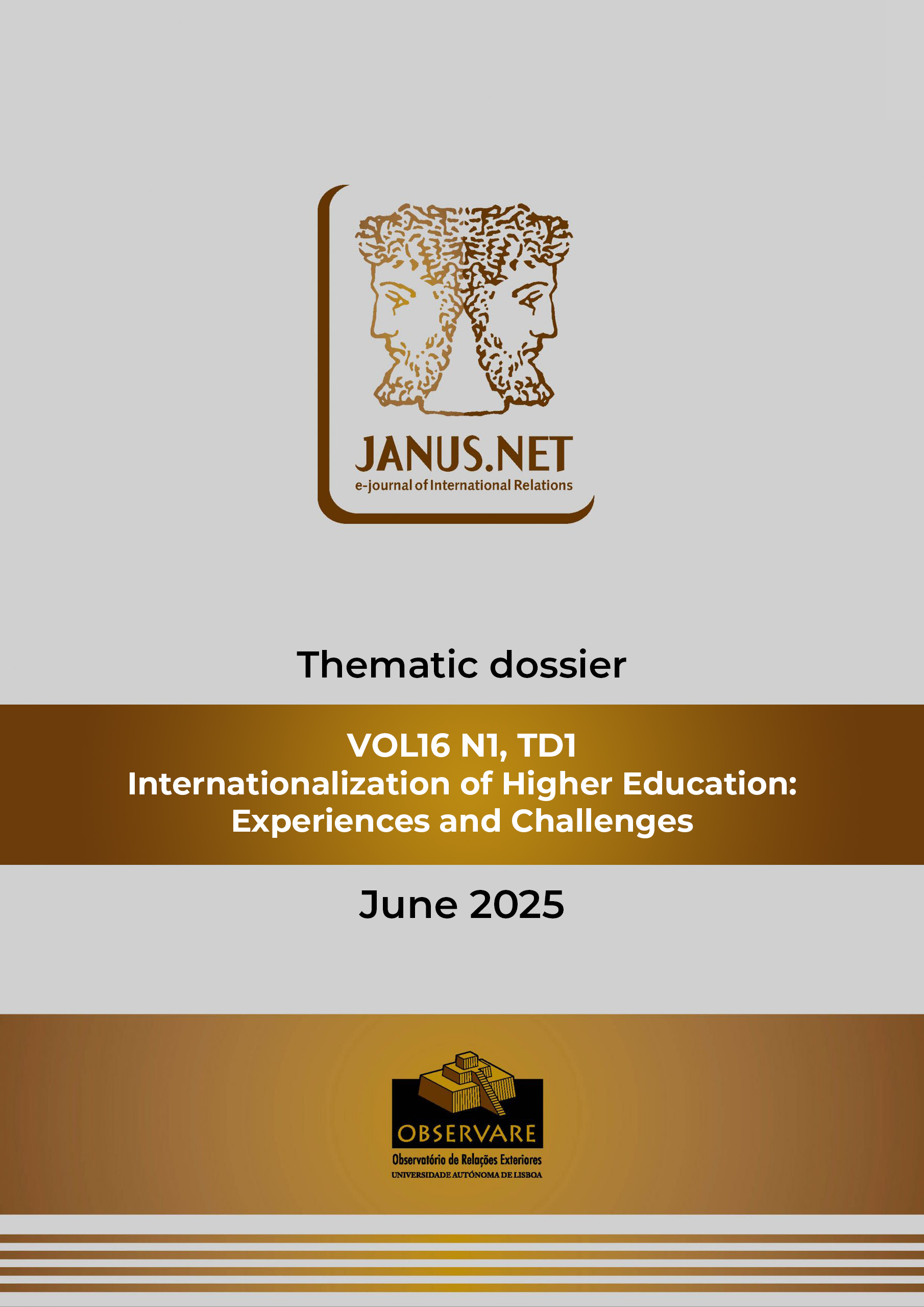NURTURING AND UPBRINGING; THE FORGOTTEN ASPECT IN CURRICULUM DEVELOPMENT AND IMPLEMENTATION AT HIGHER EDUCATION INSTITUTIONS(HEIS)
DOI:
https://doi.org/10.26619/1647-7251.DT0325.7Keywords:
Nurturing, Upbringing, Curriculum development, Curriculum ImplementationAbstract
In today’s volatile, uncertain, complex and ambiguous (VUCA) world, humanity is experiencing complexities with new trends in lifestyles, orientation and thinking. These complexities that keep on revolving are the result of education without a soul, values and clear dimension of nurturing and preparing the youths with positive attitude, skills, morally acceptable behavior for self-identification and management. Today the character and behaviours manifested in our society like; violence, land grabbing, merciless killings and climate change among others are a clear indication that nurturing and upbringing has been forgotten in both curriculum development and implementation. Therefore, there is a great need to refocus on what we prepare for learning and how it is learnt at all levels of education. Another aspect of humanity without spirituality, respect for culture and protection of the next generation has been encountered. This kind of experience that humanity is going through has led to unacceptable behaviours like homosexuality, corruption, lack of respect and distrust. This paradigm shift in lifestyle has also led to distortion of religion, societal norms and beliefs, culture of given societies and historical heritages. The damages caused cannot predict a better future for the next generation. To avert this situation and regain human civilization with the components of humanity, spirituality and respect for nature and dignity, there is a need to capture the component of attitude formation, nurturing with a focus on values and life skills and upbringing so as to prepare a better generation for the new world order. The purpose of this paper is to expose the reader to the forgotten aspects in curriculum development and its implementation, especially the nurturing of attitude, life skills and values.


